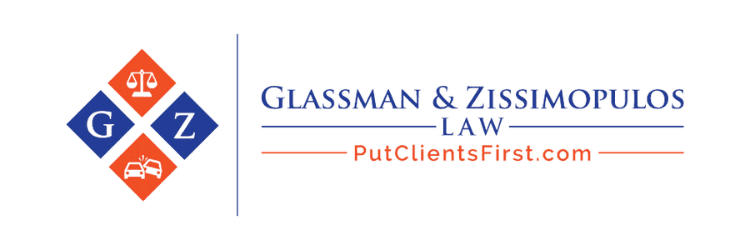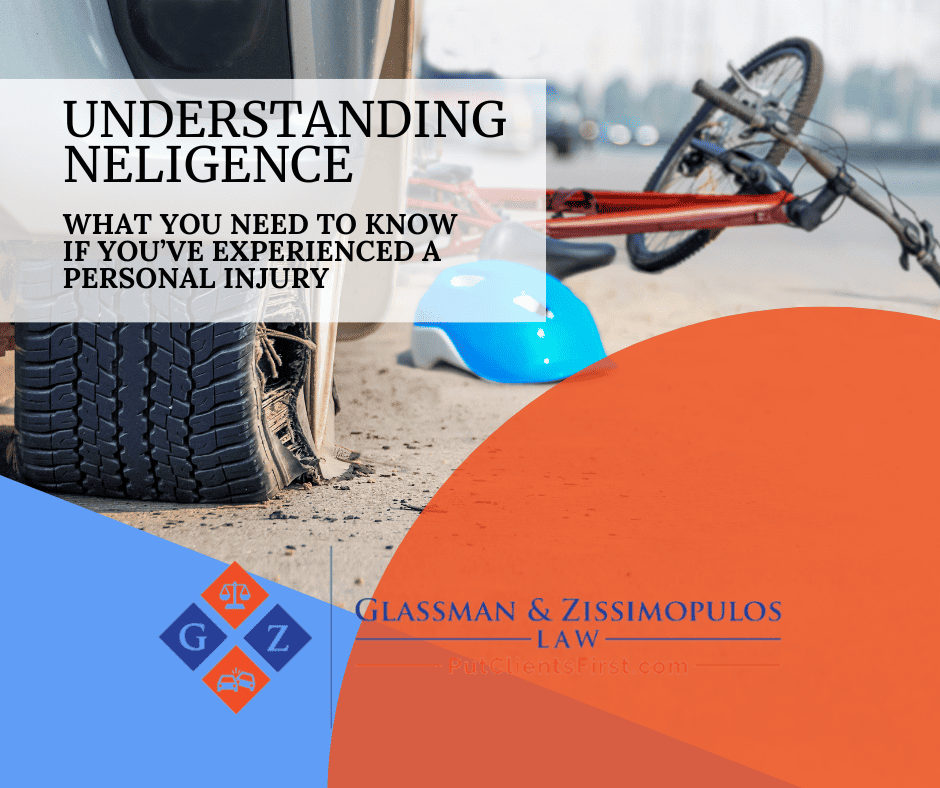Negligence is a fundamental concept in personal injury law, serving as the basis for many claims. It refers to a party’s failure to exercise reasonable care, resulting in harm to another person or their property. In legal terms, negligence occurs when a person breaches their duty of care owed to another, causing foreseeable and preventable harm. To establish a negligence claim, the plaintiff must prove four elements:
- Duty: the defendant owed a duty of care to the plaintiff
- Breach of duty: the defendant failed to meet the standard of care
- Causation: the defendant’s breach caused the plaintiff’s injury
- Damages: the plaintiff suffered actual harm
Negligence cases are prevalent in various situations, from car accidents to slip and falls, forming the basis for legal compensation when someone’s careless actions lead to injury or loss.
Steps to Determining Negligence
In a Gainesville personal injury case, establishing negligence typically involves several key steps, including the following.
Gathering Evidence to Demonstrate Duty of Care
To prove negligence, the plaintiff must first establish that the defendant owed them a duty of care. This duty of care varies depending on the circumstances of the case. For example, drivers have a duty to follow traffic laws and operate their vehicles safely. Property owners have a duty to maintain their premises in a safe condition for visitors. Gathering evidence such as photographs, documents, and other records can help demonstrate the existence of a duty of care.
Proving Breach of Duty through Witness Testimonies and Expert Opinions
Once the duty of care is established, the plaintiff must show that the defendant breached this duty. This breach occurs when the defendant’s actions or lack of action deviate from what a reasonable person would do in similar circumstances. Witness testimonies from individuals who witnessed the incident and expert opinions from professionals in the relevant field can help establish whether the defendant’s behavior constituted a breach of duty.
Establishing a Direct Link between Negligence and Injuries
Causation is a crucial element in a personal injury case. The plaintiff must demonstrate that the defendant’s breach of duty directly caused the injuries sustained. This often requires medical records, expert medical testimony, and other evidence linking the defendant’s actions to the plaintiff’s injuries. If pre-existing injuries or other intervening factors exist, it must be shown that the defendant’s actions were a substantial factor in causing the harm.
Calculating and Presenting Damages Suffered by the Plaintiff
In a personal injury case, damages refer to the losses suffered by the plaintiff due to the defendant’s negligence. These can include medical expenses, lost wages, pain and suffering, property damage, and other related costs. It’s essential to calculate and present these damages accurately, often with the help of financial records, medical bills, employment records, and expert testimonies, to seek appropriate recovery and compensation for the plaintiff’s losses.
The Role of a Personal Injury Lawyer in Gainesville
Personal injury lawyers play a crucial role in proving negligence by meticulously examining the details of a case and gathering evidence to establish the four criteria. They conduct thorough investigations, interview witnesses, review medical records, and consult experts if necessary. These lawyers have a deep understanding of legal precedents and statutes related to negligence, enabling them to build a compelling argument on behalf of their clients. They negotiate with insurance companies, ensuring their client’s rights are protected, and fair compensation is pursued. Moreover, personal injury lawyers navigate the complexities of the legal system, representing their clients in court if a settlement cannot be reached. Their expertise and advocacy are essential in holding negligent parties accountable and securing just compensation for the victims of accidents and injuries.
Do you have questions about negligence in your personal injury case?
Call Glassman and Zissimopulos and our team of dedicated attorneys today. (352) 505-4515 or Toll-Free at (844) 787-2543. When you call, you will be able to speak with a lawyer. This is our commitment to you.


0 Comments